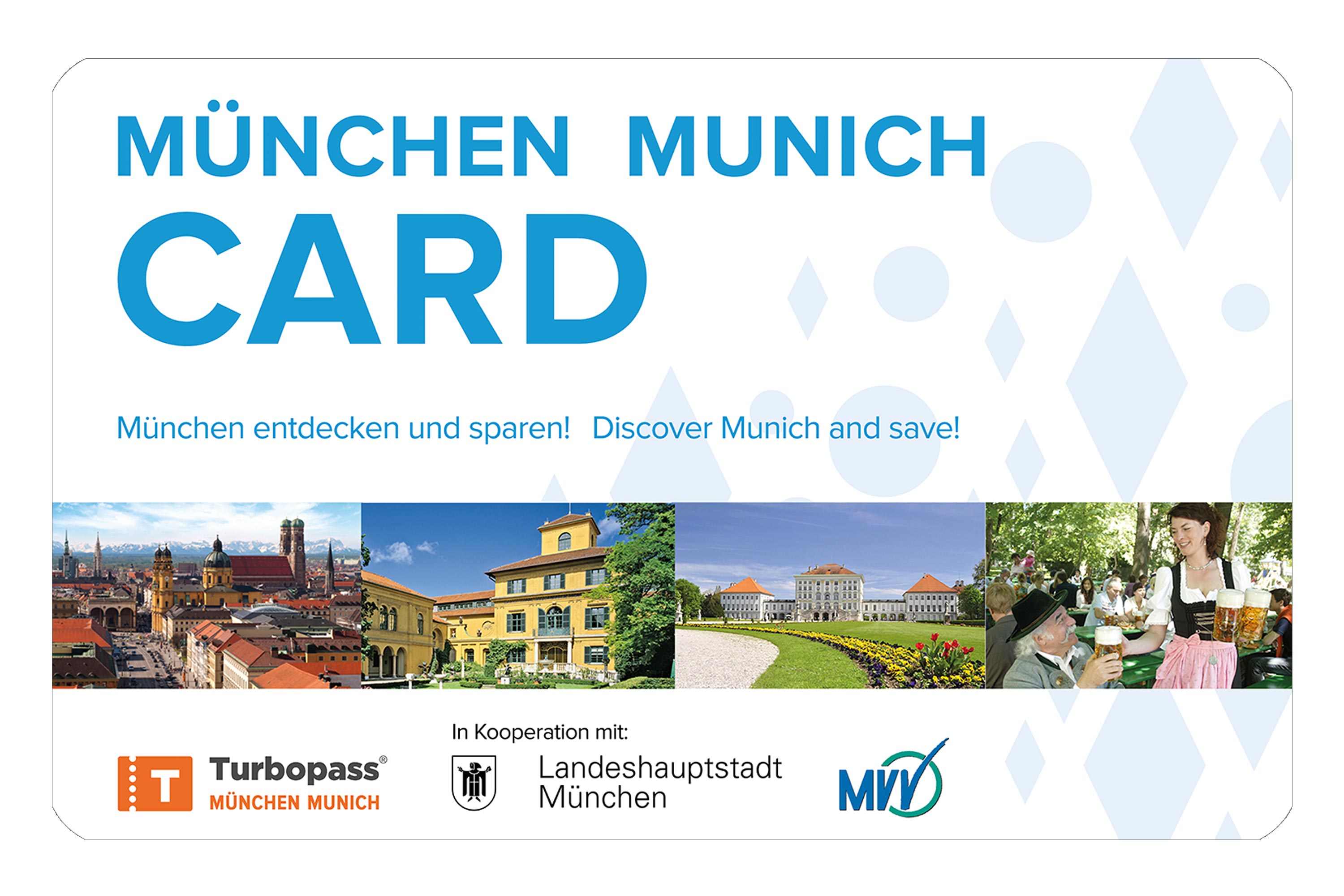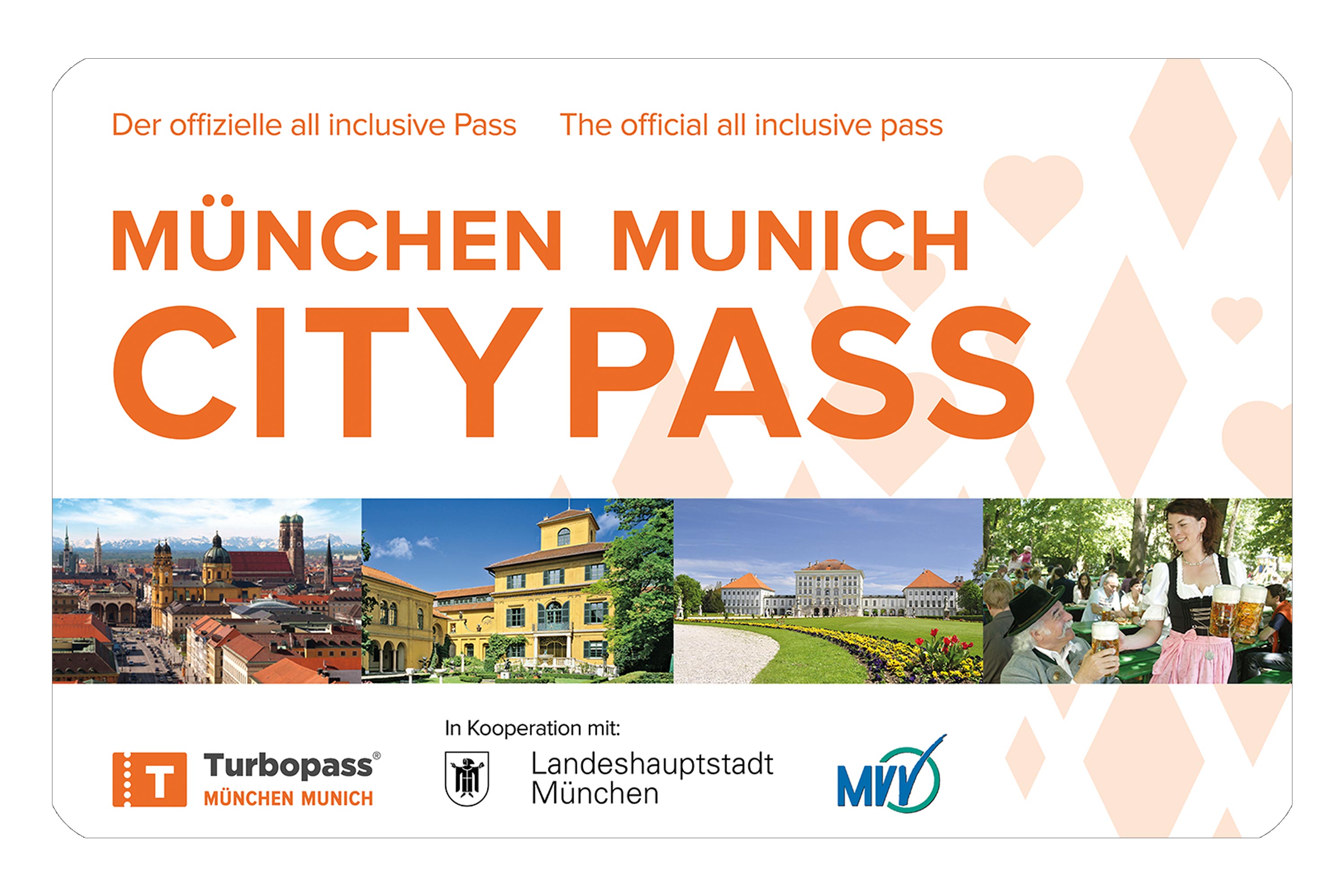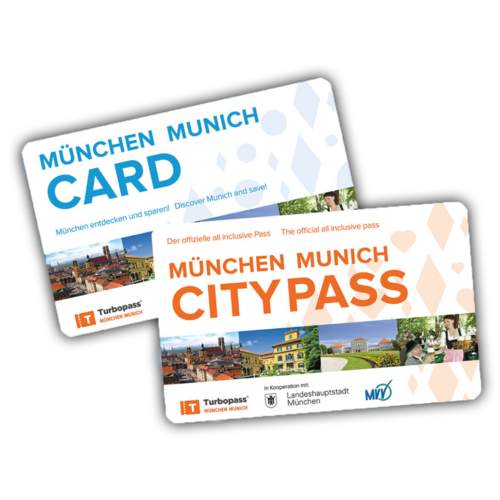

The Bayerisches Nationalmuseum (Bavarian National Museum) on Prinzregentenstrasse is one of the largest art and cultural history museums in Europe.
The heart of the collection is the Wittelsbach dynasty's collection of art, though the varied pieces on show come from far and wide.
In a varied tour, visitors can discover the Western art eras from late antiquity to Art Nouveau. In addition to masterpieces of sculpture and painting, ivory and goldsmith's work, ceremonial clocks, weapons and exquisite porcelain are on display. Textiles, furniture and musical instruments are also part of the collection and provide a spectacular insight into everyday culture.
The Bavarian National Museum also owns the most artistically valuable and extensive collection of nativity scenes in the world. A distinction that makes it world-famous. Among the highlights are the strikingly lifelike Neapolitan nativity scenes from the 18th century, which were rarely displayed in churches but rather in the palaces of the nobility.
Founded by King Maximilian II in 1855, the first museum on Maximilianstrasse soon became too small to hold the impressive collection. The Bayerisches Nationalmuseum was then moved to a historic complex of buildings on Prinzregentenstrasse in the Lehel district in 1900, where it has remained ever since. With its unique interior design, it is one of the most unique and important museum buildings of all time.
www.bayerisches-nationalmuseum.de
Good to know: Munich Card holders are entitled to a reduced admission fee. If one owns the Munich City Pass, the entrance is free of charge. No matter which card you choose, the public transport is included.
Also interesting: On Sundays, the entrance is reduced and costs only one euro. The Sunday ticket is valid for the entire collection, except for the changing special exhibitions.


